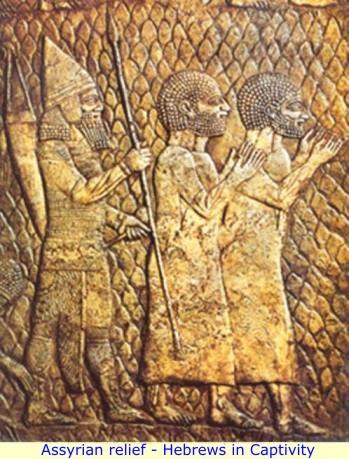In The Statesman he (Plato) says expressly, "So that the knowledge of the true king is kingly; and he who possesses it, whether a prince or private person, shall by all means, in consequence of this act, be rightly styled royal." Now those who have believed in Christ both are and are called Chrestoi, as those who are cared for by the true king are kingly. For as the wise are wise by their wisdom, and those observant of law are so by the law; so also those who belong to Christ the King are kings, and those that are Christ's Christianoi.
ὥστε ἡ τοῦ ἀληθινοῦ βασιλέως ἐπιστήμη βασιλική, καὶ ὁ ταύτην κεκτημένος, ἐάν τε ἄρχων ἐάν τε ἰδιώτης ὢν τυγχάνῃ, πάντως κατά γε τὴν τέχνην αὐτὴν βασιλικὸς ὀρθῶς προσαγορευθήσεται. αὐτίκα οἱ εἰς τὸν Χριστὸν πεπιστευκότες χρηστοί τε εἰσὶ καὶ λέγονται, ὡς τῷ ὄντι βασιλικοὶ οἱ βασιλεῖ μεμελημένοι. ὡς γὰρ οἱ σοφοὶ σοφίᾳ εἰσὶ σοφοὶ καὶ οἱ νόμιμοι νόμῳ νόμιμοι, οὕτως οἱ Χριστῷ βασιλεῖ βασιλεῖς καὶ οἱ Χριστοῦ Χριστιανοί [2.4.18]
That the monks who transmitted Clement's material to us systematically replaced 'chrestos' references with 'Christos' is clear from what they did to Clement's references to 1 Peter 2:3. Yet Clement also takes an interest in the LXX version of Proverbs 2:21 where 'yesharim' is translated by 'chrestoi' too:
For the image of God is really the man who does good, in which also he gets good: as the pilot at once saves, and is saved. Wherefore, when one obtains his request, he does not say to the giver, Thou hast given well, but, Thou hast received well. So he receives who gives, and he gives who receives. "But the righteous pity and show mercy." But the chrestoi shall be inhabitants of the earth, and the innocent shall be left in it. But the transgressors shall be extirpated from it.
τῷ γὰρ ὄντι εἰκὼν τοῦ θεοῦ ἄνθρωπος εὐεργετῶν, ἐν ᾧ καὶ αὐτὸς εὐεργετεῖται· ὥσπερ γὰρ ὁ κυβερνήτης ἅμα σῴζει καὶ σῴζεται. διὰ τοῦτο ὅταν τις αἰτῶν τύχῃ, οὔ φησι τῷ διδόντι· καλῶς ἔδωκας, ἀλλά· καλῶς εἴληφας. οὕτω λαμβάνει μὲν ὁ διδούς, δίδωσι δὲ ὁ λαμβάνων. δίκαιοι δὲ οἰκτείρουσι καὶ ἐλεοῦσι, χρηστοὶ δὲ ἔσονται οἰκήτορες γῆς, ἄκακοι δὲ ὑπολειφθήσονται ἐπ' αὐτῆς, οἱ δὲ παρανομοῦντες ἐξολοθρευθήσονται ἀπ' αὐτῆς [2.19.102]
The original Hebrew not only says 'yesharim' here but also 'the land' as opposed to 'the earth.' In other words, the Christian interpretation of this passage is the 'other side' of the Jewish Birkat Haminim:
For the apostates let there be no hope. And let the arrogant government be speedily uprooted in our days. Let the noẓerim and the minim be destroyed in a moment. And let them be blotted out of the Book of Life and not be inscribed together with the righteous. Blessed art thou, O Lord, who humblest the arrogant"
Just re-read Shabbat 116 for the context here. As I have argued many times here - there clearly was a historical period where the 'Jesus-cult' was the official religion in Palestine (likely before the Hadrianic period). The fact that these things are not mentioned in the history books does not prove they didn't happen. Indeed our history books have a 'black hole' for the official religion of Palestine between Jewish revolts ...
























































